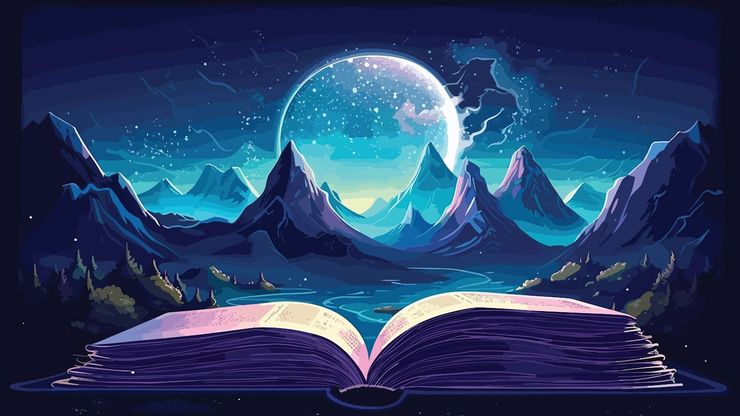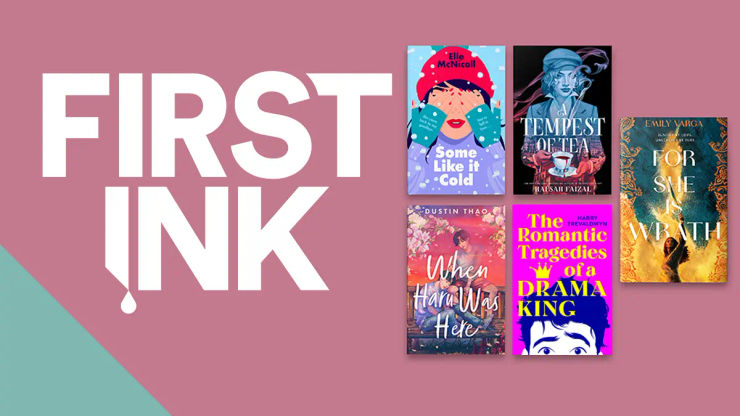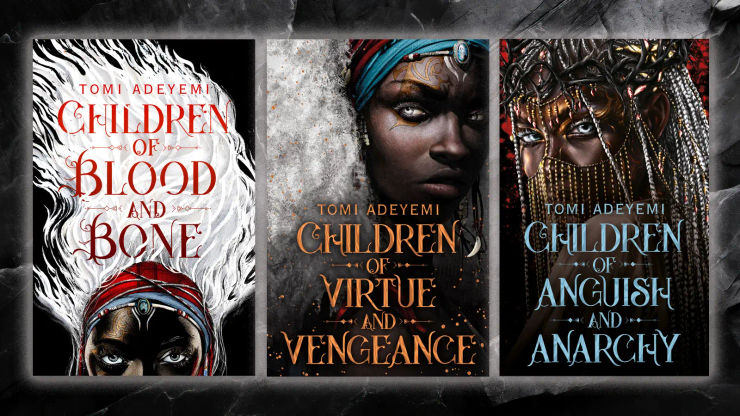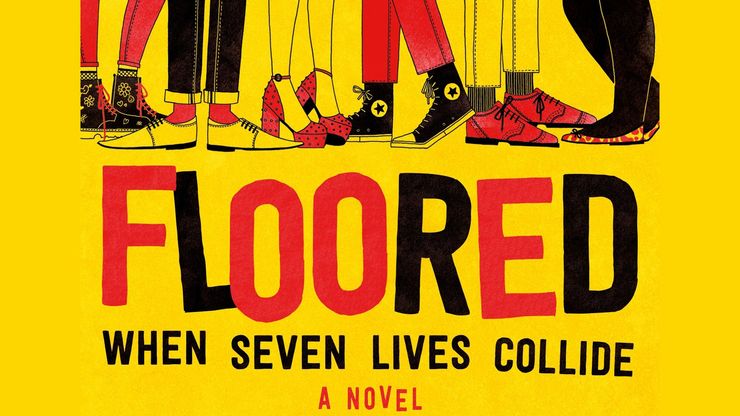Young Adult

The 24 best YA fantasy books to escape in

The best LGBTQIA+ YA books to read right now

The 50 best YA books to read right now

10 best romance books for teens

'In the cultural zeitgeist, autistic people – we're not seen in romances': Elle McNicoll on why representation matters

Coming of age for any age: behind the scenes of new imprint First Ink

Children of Blood and Bone – the story so far

Books to help you talk to kids about social justice issues

T. L. Huchu on the Zimbabwean magic behind his fantasy novel

Why a new era of LGBTQIA+ fiction is long overdue

Tips and tricks to study at home for 13 to 18-year-olds

Floored authors spill the beans on their unique collaborative YA novel